Postpartum Hair Loss: Effective Home Remedies
Bringing a new life into the world is a joyous experience, but it comes with its own set of challenges. One of the less-discussed issues is postpartum hair loss, a condition that affects many new mothers. If you’re experiencing this, you’re certainly not alone. This blog post will delve into effective home remedies to combat postpartum hair loss, offering you a natural path to restoring your hair health.
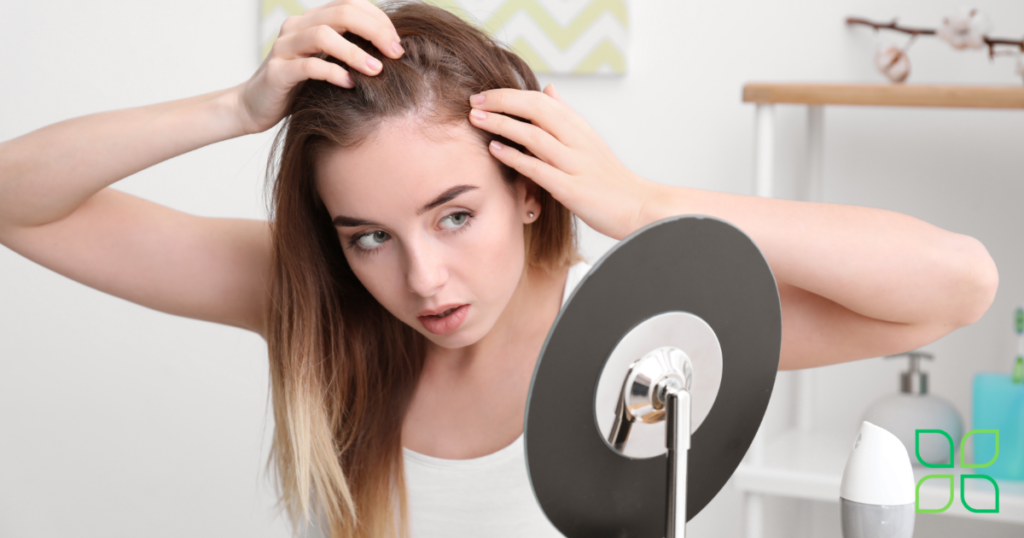
Understanding Postpartum Hair Loss
Postpartum hair loss, medically known as telogen effluvium, occurs as a result of hormonal changes during and after pregnancy. Normally, 85-95% of your hair is in the growing phase, while the rest is in a resting phase before falling out. During pregnancy, increased estrogen levels prolong the growing phase, resulting in thicker hair. After childbirth, estrogen levels drop, and many hairs enter the resting phase simultaneously, leading to noticeable hair shedding.
Statistics: How Common is Postpartum Hair Loss?
According to the American Pregnancy Association, postpartum hair loss affects 40-50% of women. The shedding typically peaks around three to four months post-delivery and can last up to six months or longer for some women. Understanding this timeline helps set realistic expectations as you explore remedies.
Effective Home Remedies for Postpartum Hair Loss
While postpartum hair loss is a natural process, there are several home remedies to help manage and potentially reduce it. Here are some tried-and-tested strategies:
Nourish Your Hair with Essential Oils
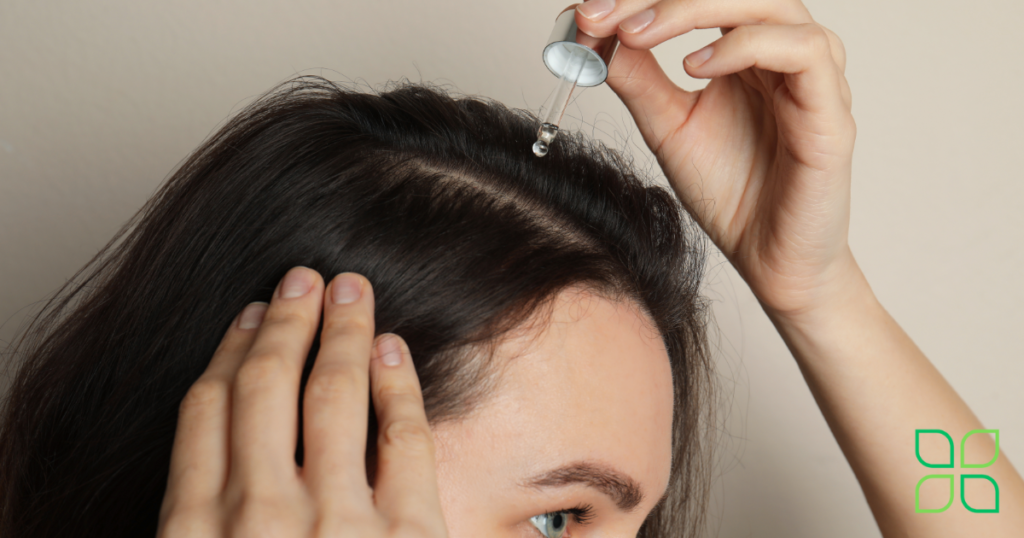
Essential oils like rosemary and lavender have been lauded for promoting hair growth. They improve circulation in the scalp, leading to healthier hair follicles.
- Rosemary Oil: Mix a few drops of rosemary oil with a carrier oil, such as coconut or olive oil. Massage it into your scalp and leave it on for at least 30 minutes before washing it out.
- Lavender Oil: Combine lavender oil with a carrier oil in equal parts. Apply it to your scalp and hair, leaving it overnight for the best results.
Regular use of these oils can help strengthen hair and encourage regrowth.
Incorporate a Balanced Diet
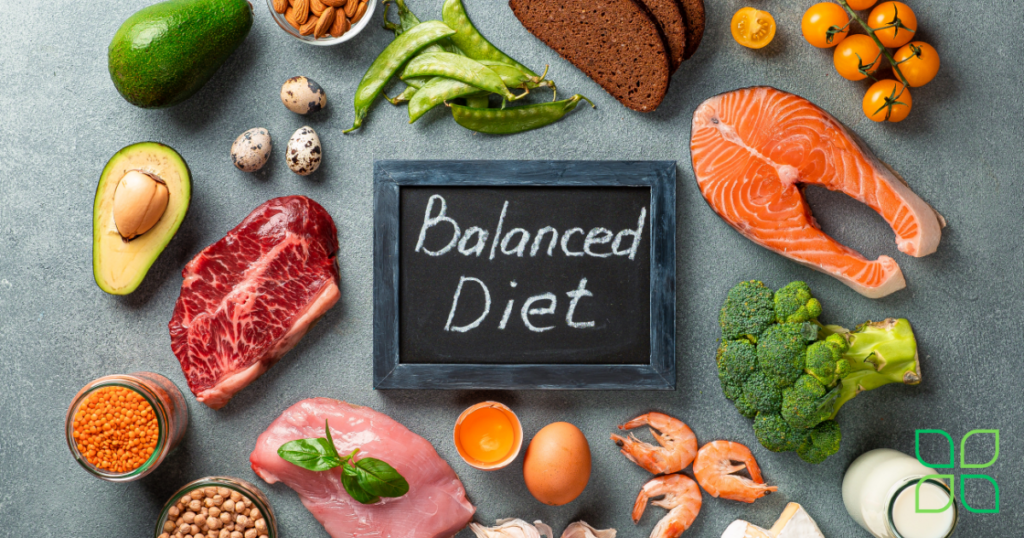
Hair health is closely linked to nutrition. Ensure your diet is rich in essential nutrients:
- Proteins: Hair is primarily made of protein. Include foods like lean meat, eggs, and beans.
- Vitamins and Minerals: Incorporate foods high in vitamins A, C, D, E, and minerals like iron and zinc. Leafy greens, nuts, and seeds are excellent sources.
- Omega-3 Fatty Acids: Found in fish like salmon and flaxseeds, omega-3s support scalp health.
Maintaining a balanced diet not only aids in reducing hair loss but also boosts overall postpartum recovery.
Hydration: A Simple Yet Crucial Step
Staying hydrated is often overlooked but is critical for maintaining healthy hair. Water helps transport nutrients to the hair follicles and flushes out toxins. Aim to drink at least 8-10 glasses of water a day. Consider herbal teas or infused water if plain water feels monotonous.
Herbal Rinses for Hair Strength
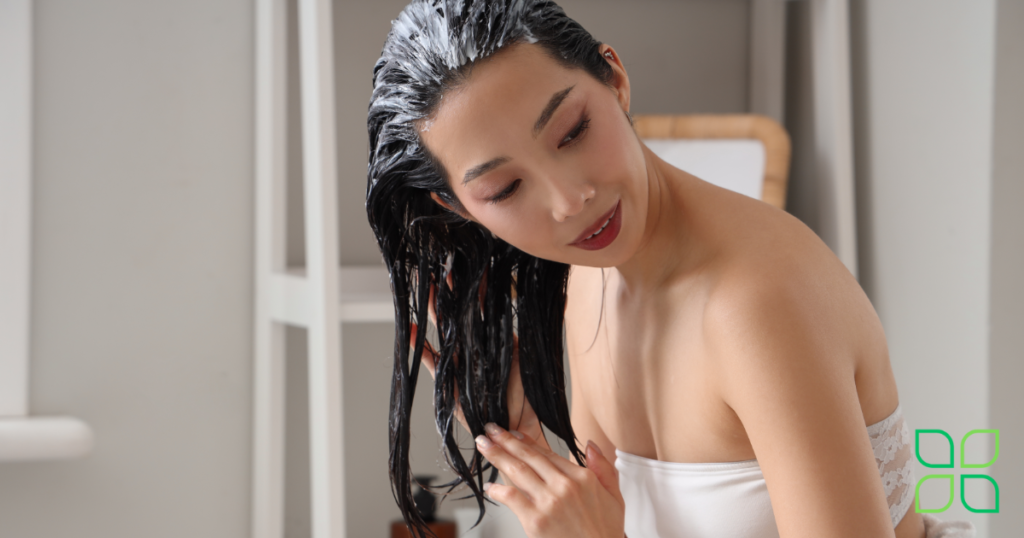
Herbal rinses can help fortify hair strands and prevent breakage:
- Green Tea Rinse: Rich in antioxidants, green tea can boost hair growth and health. Brew a strong cup, let it cool, and use it as a final rinse after shampooing.
- Nettle Tea Rinse: Known for its high mineral content, nettle tea strengthens hair. Prepare a potent brew and use it similarly to green tea.
Incorporating these rinses into your hair care routine can add shine and vitality to your hair.
Stress Management: A Key Factor
Stress can exacerbate hair loss. Postpartum, it’s crucial to find time to relax and unwind. Here are a few techniques:
- Yoga and Meditation: These practices can help calm your mind and improve overall well-being.
- Breathing Exercises: Incorporate deep breathing exercises into your daily routine to reduce stress levels.
- Support Networks: Joining a new mothers’ group can provide emotional support and reduce feelings of isolation.
Implementing these stress-relief techniques can have a positive impact on your hair health.
Gentle Hair Care Practices
Adopting gentle hair care practices can minimize further hair loss:
- Avoid Heat Styling: Minimize the use of hair dryers, straighteners, and curling irons.
- Use a Wide-Tooth Comb: This reduces breakage and tangling.
- Choose a Mild Shampoo: Opt for sulfate-free shampoos that do not strip natural oils.
- Pat Dry Your Hair: Instead of vigorous towel drying, gently pat your hair with a soft towel.
These practices help maintain the integrity of your hair and scalp.
Supplements: Aiding Hair Regrowth
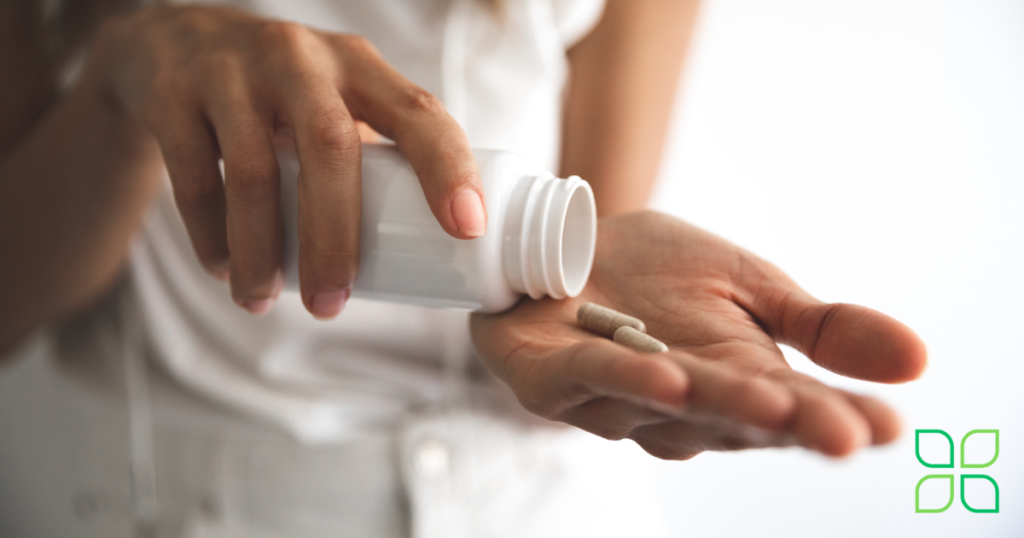
While it’s best to obtain nutrients through a balanced diet, sometimes supplements can help:
- Biotin: Known to improve hair health, skin, and nails.
- Iron: Essential for preventing anemia, which can lead to hair loss.
- Vitamin D: Supports the hair growth cycle.
Consult with your healthcare provider before starting any supplements to ensure they are safe for you.
Conclusion: Embrace the Journey

Postpartum hair loss can be a daunting experience, but it is a temporary phase that many women go through. By understanding the causes and implementing these effective home remedies, you can manage and potentially reduce hair shedding. Remember, every woman’s journey is different, and it’s important to embrace this transition with patience and self-care. As your body adjusts post-pregnancy, your hair will gradually return to its pre-pregnancy state.
For more detailed insights and personal stories, consider joining online forums or support groups where you can connect with other mothers going through similar experiences. Sharing and learning can offer comfort and additional strategies to cope with postpartum changes.
If you find that your hair loss is severe or persists beyond a year, it may be beneficial to consult a healthcare professional or dermatologist for further evaluation and personalized advice.
